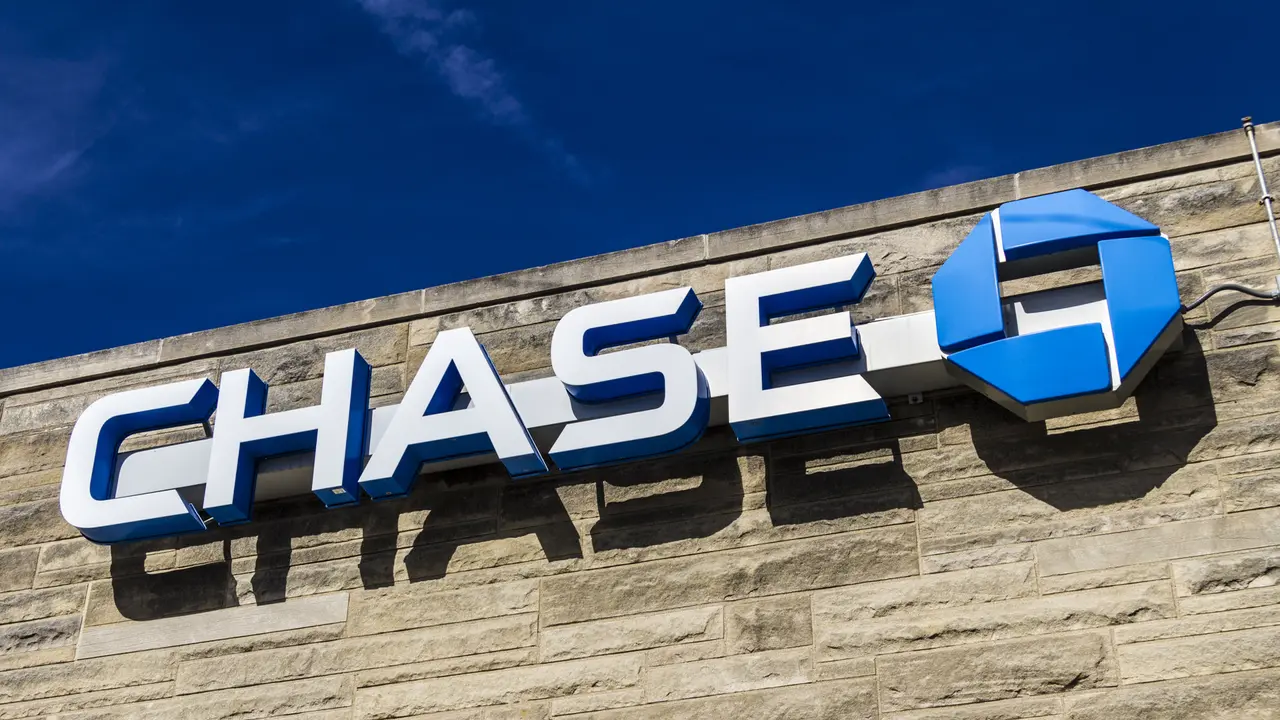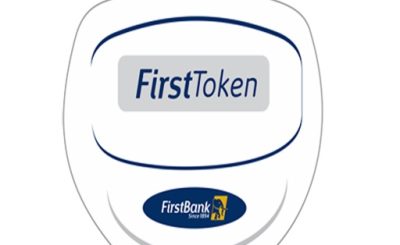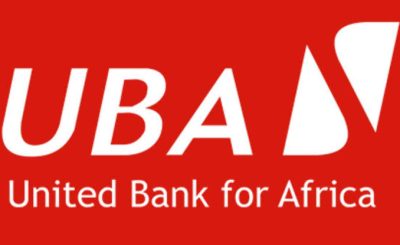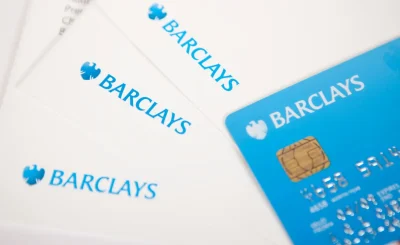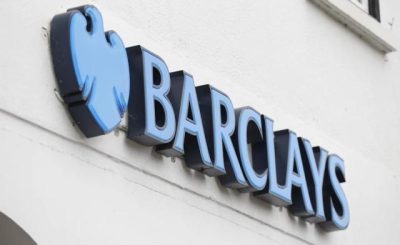Last Updated on June 21, 2024 by admin
Are you considering buying a new home or refinancing your existing mortgage? Choosing the right loan option can make a significant difference in achieving your homeownership goals.
In this comprehensive guide, we will explore the various home loan options offered by Chase Bank and provide you with the information you need to make an informed decision. Whether you’re a first-time homebuyer or a seasoned homeowner looking to refinance, this article will serve as your go-to resource.
Also read: How to get Chase Auto Loan
Understanding Home Loans
A home loan, also known as a mortgage, is a loan specifically designed to help you finance the purchase of a home. It is a secured loan, meaning that the property you buy acts as collateral for the loan. If you fail to make payments, the lender can foreclose on the property and sell it to recoup their losses.
Here are some key aspects of home loans:
- Principal: The original amount of money you borrow from the lender.
- Interest: The cost of borrowing the money, usually expressed as an annual percentage rate (APR).
- Term: The length of time you have to repay the loan, typically 15 or 30 years.
- Down payment: The initial amount of money you pay upfront towards the purchase of the home, usually a percentage of the purchase price.
- Closing costs: Additional fees and expenses associated with obtaining the loan, such as appraisal fees, title insurance, and origination fees.
How to Choose a Home Loan:
When choosing a home loan, consider the following factors:
- Interest rate: The lower the interest rate, the lower your monthly payments.
- Term: A longer term results in lower monthly payments but higher overall interest paid.
- Down payment: A larger down payment can help you qualify for a lower interest rate and avoid private mortgage insurance.
- Closing costs: Compare closing costs from different lenders to find the best deal.
- Your financial situation: Choose a loan that fits your budget and financial goals.
Advantages of Refinancing
-
Refinancing your home loan can offer several advantages, depending on your financial goals and the current market conditions:
Lower Interest Rate:
- Reduced Monthly Payments: Refinancing to a lower interest rate can significantly decrease your monthly mortgage payments, freeing up cash flow for other expenses or savings.
- Long-Term Savings: Over the life of the loan, even a small reduction in interest rate can result in substantial savings on interest payments.
Shorter Loan Term:
- Faster Equity Growth: Refinancing to a shorter loan term allows you to pay off your mortgage faster, building equity in your home more quickly.
- Reduced Total Interest Paid: While your monthly payments might increase, you’ll pay less interest overall compared to a longer loan term.
Switch from Adjustable-Rate to Fixed-Rate Mortgage:
- Predictable Payments: Refinancing from an adjustable-rate mortgage (ARM) to a fixed-rate mortgage provides stability and predictable monthly payments, protecting you from potential interest rate increases.
Cash-Out Refinance:
- Access to Home Equity: This type of refinancing allows you to borrow against your home’s equity, providing cash for home improvements, debt consolidation, education expenses, or other financial needs.
Eliminate Private Mortgage Insurance (PMI):
- Reduced Monthly Costs: If you have built enough equity in your home, refinancing can help you eliminate PMI, which is an added insurance cost for borrowers with low down payments.
Considerations Before Refinancing:
- Closing Costs: Refinancing involves closing costs similar to those when you purchased your home. Ensure the potential savings outweigh these costs.
- Break-Even Point: Calculate how long it will take for the savings from refinancing to cover the closing costs.
- Market Conditions: Interest rates fluctuate. Refinance when rates are favorable.
- Credit Score: A good credit score can help you qualify for the best refinance rates.
Types of Home Loans Offered by Chase Bank
Chase Bank offers a variety of home loan options in the United States to cater to different needs and financial situations. These include:
1. Fixed-Rate Mortgages:
- 30-Year Fixed: The most popular choice, offering stable monthly payments for the entire loan term.
- 15-Year Fixed: A shorter term with higher monthly payments but less interest paid over time.
2. Adjustable-Rate Mortgages (ARMs):
- 5/1 ARM: The interest rate is fixed for the first five years and then adjusts annually based on market conditions.
- 7/1 ARM: Similar to the 5/1 ARM, but the rate is fixed for the first seven years.
3. Government-Backed Loans:
- FHA Loan: Requires a lower down payment and credit score, making it suitable for first-time homebuyers.
- VA Loan: Available to eligible veterans, active-duty service members, and their surviving spouses, with no down payment required in most cases.
4. Other Options:
- DreaMaker Mortgage: Chase’s special program with low down payment options and flexible credit score requirements.
- Jumbo Loan: For loans exceeding the conforming loan limits set by Fannie Mae and Freddie Mac.
Choosing the Right Loan:
The best home loan for you will depend on your financial goals, risk tolerance, and the current market conditions. Chase Bank’s mortgage specialists can help you understand the different options and choose the one that best suits your needs.
Read: Factors That Determine Chase Interest Rate On A Car Loan
Chase bank Home Loans Application Process
The Chase Bank home loan application process typically involves the following steps:
-
Preparation and Pre-Approval:
- Gather Documents: Collect necessary documents such as pay stubs, bank statements, tax returns, and identification.
- Check Credit Score: Ensure your credit score meets Chase’s requirements.
- Get Pre-Approved: This helps you understand how much you can borrow and strengthens your offer when you find a home.
-
Finding a Home and Making an Offer:
- Work with a Real Estate Agent: An agent can help you find suitable properties and negotiate the purchase price.
- Submit an Offer: Once you’ve found a home, your agent will help you prepare and submit an offer to the seller.
-
Formal Loan Application:
- Complete Application: Fill out Chase’s mortgage application online or with a mortgage specialist.
- Submit Documentation: Provide all required documents to Chase for verification.
- Appraisal: Chase will order an appraisal to assess the property’s value.
-
Underwriting and Approval:
- Review: Chase’s underwriting team will review your application and supporting documents.
- Approval: If approved, you will receive a loan estimate detailing the loan terms and costs.
-
Closing:
- Final Review: Review and sign all closing documents.
- Funds Disbursement: Chase will disburse the loan funds to the seller, and you officially become a homeowner.
FAQS
Q; What types of home loans does Chase Bank offer?
A:Chase Bank offers a wide range of home loans, including:
- Fixed-rate mortgages (15-year and 30-year terms)
- Adjustable-rate mortgages (5/1 and 7/1 ARMs)
- Government-backed loans (FHA and VA loans)
- DreaMaker Mortgage (low down payment option)
- Jumbo loans (for loans exceeding conforming loan limits)
Q: What are the requirements for getting a Chase home loan?
A: Requirements vary depending on the loan type, but generally include:
- A minimum credit score (usually 620 or higher)
- A stable income and employment history
- A down payment (amount varies based on loan type)
- Debt-to-income ratio within acceptable limits
Q: How do I apply for a Chase home loan?
A; You can apply for a Chase home loan online, over the phone, or in person at a Chase branch. You’ll need to provide information about your income, assets, debts, and the property you’re interested in purchasing.
Q: How long does it take to get approved for a Chase home loan?
A; The approval process can vary, but it typically takes several weeks. Getting pre-approved before you start house hunting can speed up the process.
Q; What are the closing costs for a Chase home loan?
A: Closing costs typically range from 2% to 5% of the loan amount and can include appraisal fees, title insurance, origination fees, and more.
Q; Can I get a Chase home loan with bad credit?
A; Chase may offer loan options for borrowers with less-than-perfect credit, such as the DreaMaker Mortgage. However, you may face higher interest rates or stricter requirements.
A: How can I check my Chase mortgage rate?
You can check current Chase mortgage rates online or by contacting a Chase mortgage specialist.
Q: What are the benefits of refinancing my Chase mortgage?
A: Refinancing your Chase mortgage may allow you to:
- Lower your interest rate and monthly payments
- Shorten your loan term
- Switch from an adjustable-rate to a fixed-rate mortgage
- Cash out a portion of your home equity
Q: What are the documents needed to apply for a Chase mortgage?
A:You’ll need to provide documents such as:
- Pay stubs
- W-2s
- Tax returns
- Bank statements
- Investment account statements
Conclusion
Securing the right home loan is an essential step in achieving your homeownership dreams. Chase Bank offers a variety of loan options designed to meet the diverse needs of homebuyers and homeowners.
Whether you’re looking to purchase a new home or refinance your existing mortgage, understanding the different loan programs and the application process will empower you to make an informed decision. Take the time to explore your options, consult with a mortgage professional, and embark on your homeownership journey with confidence.
- How to Generate first bank Token and activate it - June 29, 2024
- How to Contact wellsfargo Customer Service - May 24, 2024
- PayVIS: New Lagos State platform for paying traffic offense and penalties - May 1, 2024
